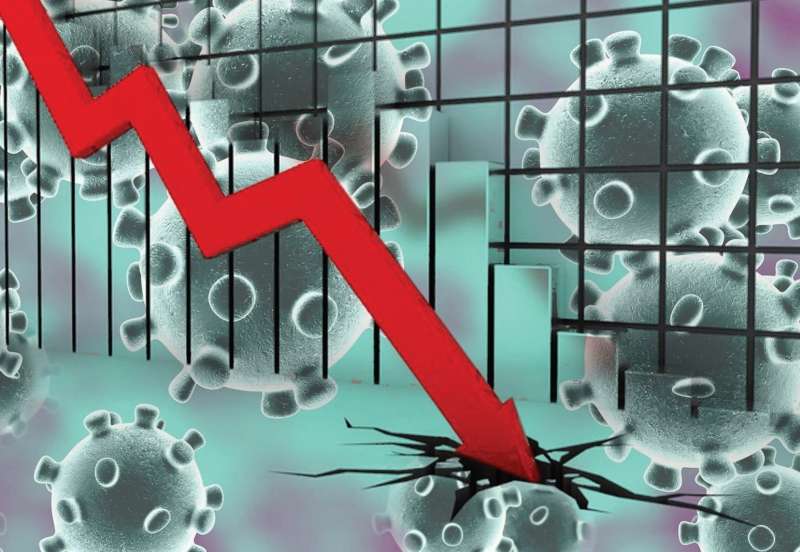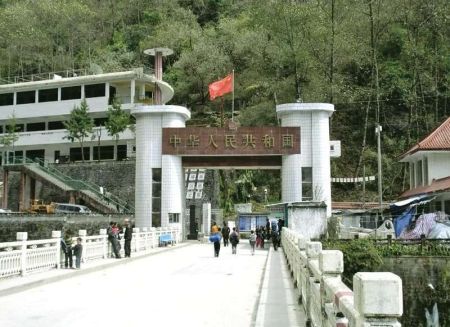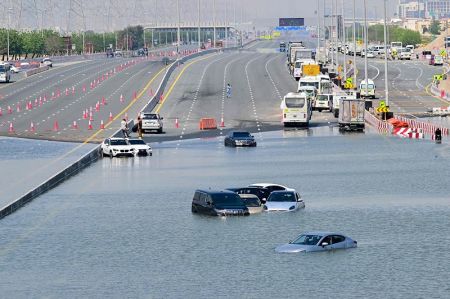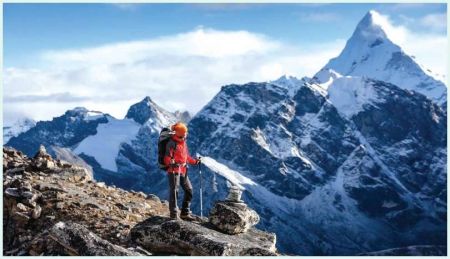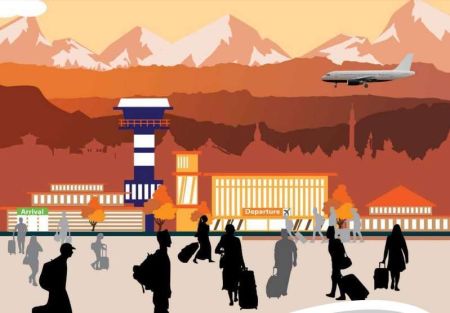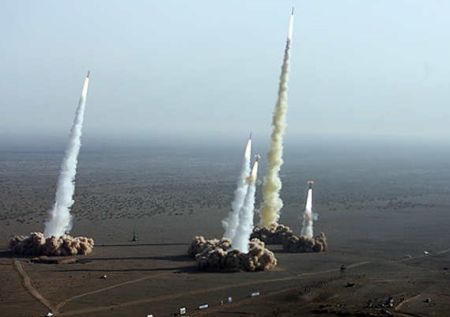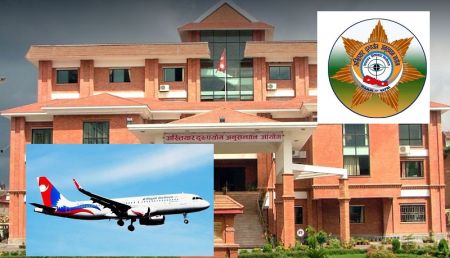The COVID-19 pandemic has spelled an economic catastrophe also for Nepal. This situation needs to be tackled carefully and diligently.
--BY ANALRAJ BHATTARAI
It’s obvious that the Nepali economy will be affected by the coronavirus (COVID-19) pandemic through various channels. But quantifying the magnitude of the economic effects of the ongoing global health crisis under a range of scenarios is a real challenge.
Analysts need to be explicit about the scenario assumptions, and the methods used to calculate the impact. The global health emergency will impact Nepal’s fiscal numbers in FY2019/20. The COVID-19 outbreak will have an impact on GDP through deep slump in sectors including trade, tourism/hospitality, transportation, manufacturing, construction and supply chain disruptions, ultimately putting pressure on the country’s balance of payment (BOP).
Though the government has already taken steps to prevent the possible spread of coronavirus, all eyes are now on the rise in active cases as this determines the extent of our preparedness. Importantly, this article will also provide estimates not only of the overall economic impact, but also granular details on how the different formal sectors of the Nepali economy—and sectors within economies—will be affected, including under an illustrative worst-case scenario for an economy that experiences a significant outbreak. Channels through which economies will be affected are:
a. A sharp but temporary decline in domestic consumption,
b. Resulting from behavioural and/or policy changes—people staying home as a precaution,
c. Sharp drop in international and domestic tourism
d. Substantial production disruptions as a result of forced business closures and the inability of workers to get to work,
e. Substantial reduction on agriculture and farming activities,
f. Disruptions to trade and business as a result of border closures, travel bans, and other restrictions on the movement of goods, people, and capital,
g. Sharp decline in capital expenditure of government.
As the current financial year comes to a close and fiscal pressures mount on the government, direct tax collection is expected to fall as a result of COVID-19 and the indirect tax will also witness sharp falls as the result of a decline in domestic demand and supply chain disruption. Direct tax collections as of today stand at Rs 522 billion from mid July 2019 till 1st April 2020 as against the target of Rs 1,009 billion. Out of a total expected revenue of Rs 1,112 billion the government has received corporate tax of Rs 51.41 percent till April 2020.
Amid the Covid-19 outbreak, a combination of monetary policy, entailing the maintenance of a proactive liquidity regime and facilitating stability in financial markets, and fiscal policy involving the provision of relief to people at the lower strata, who will lose income because of the shutdown of commercial activity, will be the best option.
Further, the Nepal Rastra Bank (NRB) also needs to consider a degree of prudential forbearance in specific sectors such as hotels, aviation, transport, metals, auto components, manufacturing, agriculture, construction, wholesaler and retailers. Furthermore, given the risk of using currency notes in times of a pandemic, incentivising digital payments further could be an effective solution.
However, extraordinary times call for extraordinary measures and out of the box thinking. Thus, a strong recommendation for the government is to create domestic demand by supporting people at the bottom of the pyramid who are already bearing the brunt of losing their jobs and strong fiscal support to stimulate the economy.
Additionally, Nepal Rastra BNK (NRB) should come out with a comprehensive forbearance scheme for sectors that are being negatively impacted like tourism, automobiles, construction, food processing and entertainment etc.
A former banker, Bhattarai is a Chartered Accountant. The article first appeared in his Linkedin post.


